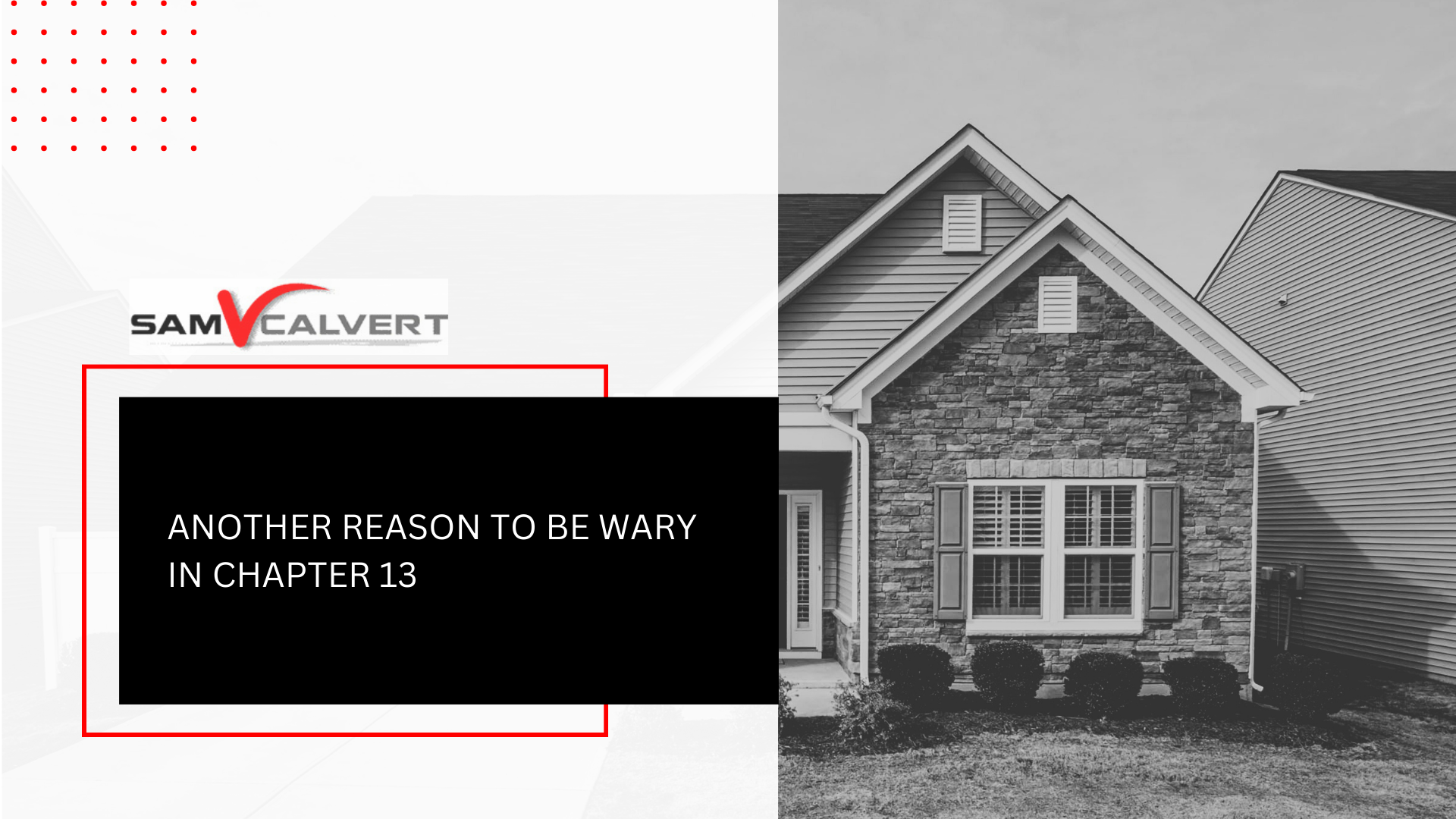In In re Goetz, 2024 WL 998765 (8th Cir. Mar. 8, 2024), the Eighth Circuit Court of Appeals gave bankruptcy 13 debtors reason to be concerned about conversions from chapter 13 to chapter 7.
On August 19, 2020, the debtor Machele Goetz (“Debtor”) filed a chapter 13 bankruptcy petition and plan. At that time, she owned a residence worth $130,000 and claimed the full $15,000 homestead exemption under Missouri law. The lender held a roughly $107,000 lien against the residence. Liquidation of the residence on the date of the petition would have resulted in no recovery for the bankruptcy estate.
On April 5, 2022, Debtor converted her case from chapter 13 to chapter 7. Between the chapter 13 filing and the date of the conversion order, Debtor’s residence had increased in value by $75,000. Liquidation of the residence on the date of conversion would have resulted in a recovery of roughly $62,000 for the bankruptcy estate.
The Bankruptcy Court for the Western District of Missouri held that, pursuant to 11 U.S.C. § 348(f)(1)(A) and § 541, the post-petition, pre-conversion increase in equity in Debtor’s residence became property of her converted bankruptcy estate. The Bankruptcy Appellate Panel for the Eighth Circuit affirmed and Debtor appealed.
In affirming, the Eighth Circuit Court of Appeals (“Eighth Circuit”) looked to the text of § 348(f)(1)(A) that states, for a chapter 13 case converted to chapter 7, the “property of the estate in the converted case shall consist of property of the estate, as of the date of filing of the petition, that remains in the possession of or is under the control of the debtor on the date of conversion.” The Eighth Circuit held that the post-petition, pre-conversion increase in Debtor’s equity was property of the converted estate, as proceeds “from property of the estate” under § 541(a)(6), and Debtor had effective control of the equity because she still possessed her residence on the date of conversion.
In Minnesota, the state homestead exemption is significantly higher than the Missouri homestead exemption. As such, for a case converted from chapter 13 to chapter 7, the Goetz decision may have little impact for a post-petition, pre-conversion increase in equity in a debtor’s residence protected by the Minnesota homestead exemption; however, the decision could impact a post-petition, pre-conversion increase in equity in non-exempt property of the estate.




